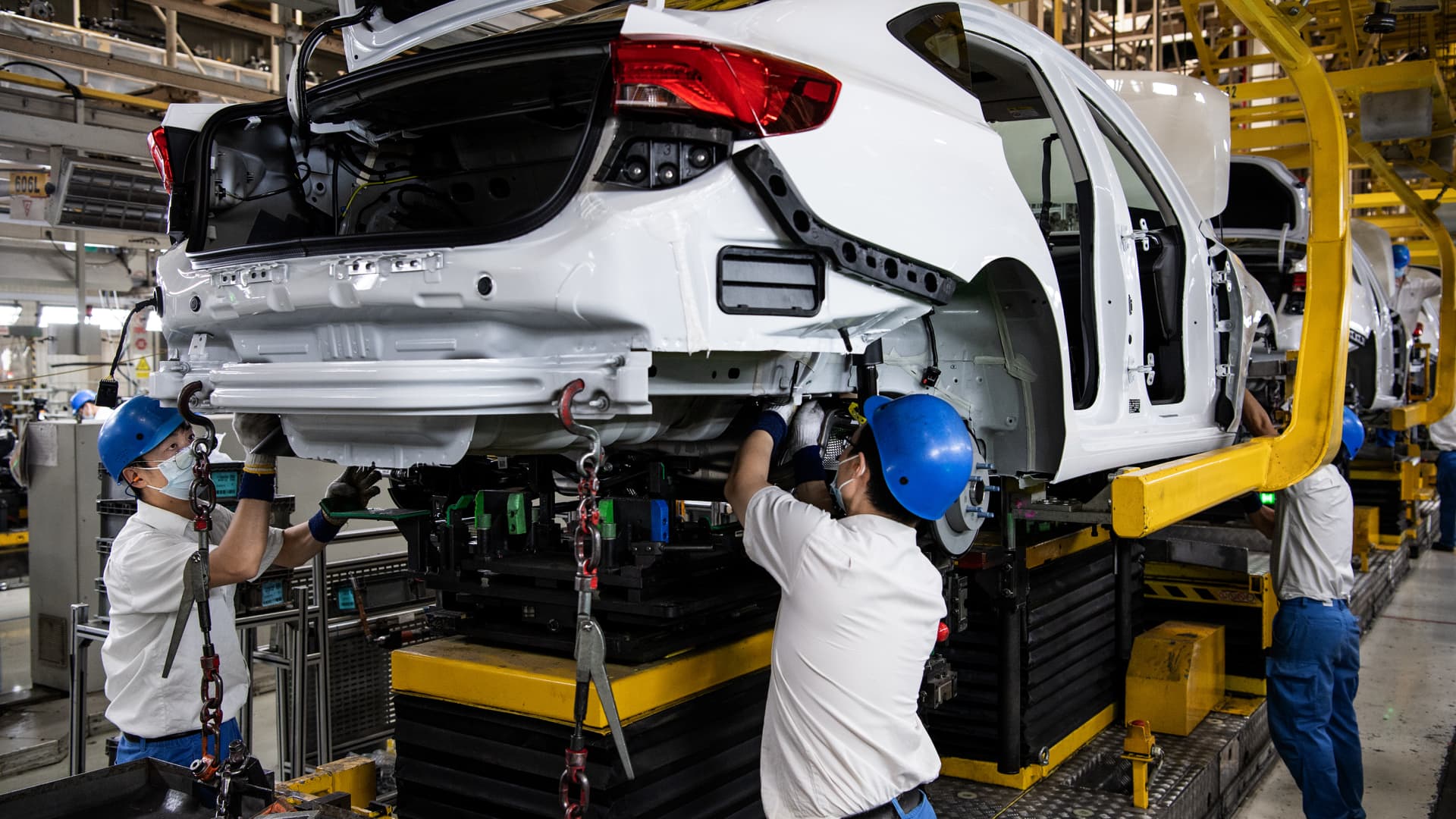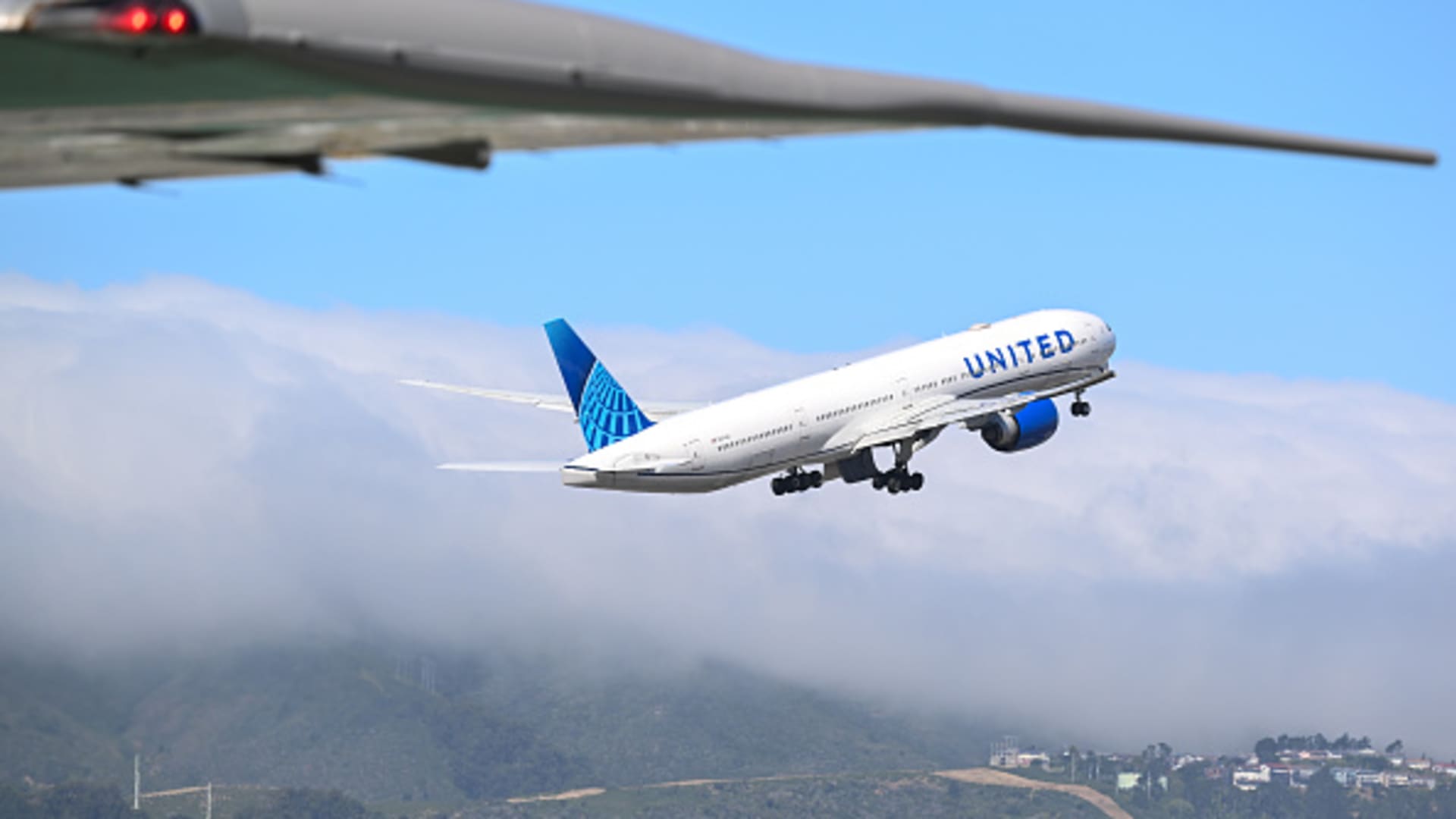US Markets
Thursday, March 28th, 2024 2:33 am EDT
Key Points
- Ocean carriers are invoking “force majeure” in response to the Baltimore port bridge crisis, shifting the responsibility of cargo pick-up to logistics companies and U.S. shippers once cargo is diverted to alternate ports.
- CMA CGM was the first ocean carrier to declare force majeure, followed by COSCO and Evergreen, indicating the activation of contractual provisions freeing parties from obligations due to uncontrollable events.
- Maersk, in contrast, is offering transport options, omitting the port and discharging cargo destined for Baltimore at nearby ports, with the possibility of utilizing overland transportation to reach final destinations.
Ocean carriers are invoking “force majeure” in response to the crisis at the Baltimore port bridge, shifting the responsibility of cargo pick-up to logistics companies and U.S. shippers, such as retailers, once the cargo is diverted to alternate ports. CMA CGM was the first carrier to declare force majeure, signaling the activation of contractual provisions freeing parties from obligations due to uncontrollable events. COSCO and Evergreen followed suit, stating that their services would conclude upon the diverted containers’ arrival at alternate ports. However, Maersk is offering transport options, omitting the port and discharging cargo destined for Baltimore at nearby ports, with the possibility of utilizing overland transportation to reach final destinations. The situation remains fluid, with Maersk working through contingencies with customers and providing ongoing advisories. Hapag Lloyd and MSC did not comment on their plans. Logistics executives emphasize the critical nature of the next 36 hours in diverting trade away from the Port of Baltimore following the accident involving the 10,000-container capacity containership Dali colliding with the Francis Scott Key Bridge. ImportGenius data reveals the variety of goods affected, from clothing and household items to Satsuma mandarin oranges, IKEA products, and Electrolux appliances. The Port of Baltimore’s significance extends to auto/light truck and agriculture tractor imports and exports, as well as major wood panel importers like Lumin Forest Products, Sudati, and Arauco, indicating potential significant impacts on construction and contractor supply chains.
For the full original article on CNBC, please click here: https://www.cnbc.com/2024/03/27/in-baltimore-bridge-crisis-shippers-left-on-hook-for-cargo-pickup.html




